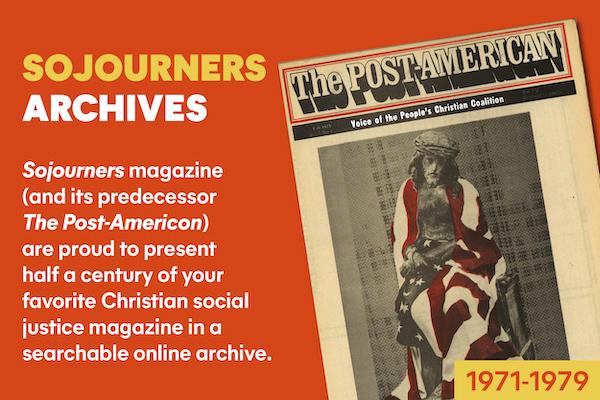The works of both Karl Barth and Dietrich Bonhoeffer have highlighted the fundamental discrepancies between Christianity and religion. It was Barth who felt that religion primarily constitutes our quest to find God by means of the heavenly ladders of experience, morality, or reason, whereas Christian faith witnesses to the phenomenon of God coming to us.
Bonhoeffer expounded an even more provocative thesis about religion. In his prison letters he advocated a religionless Christianity. Some took this to mean that Bonhoeffer wanted to shed traditional sacramental worship, Bible study, and prayer. Upon closer scrutiny, most scholars conclude that he was not attacking Christian disciplines so much as the way we participate in them and confuse them with the gods of popular religion.
For Bonhoeffer, religion (not Christianity) is the deus ex machina: when we cannot fathom something any other way, we call on the god of the gaps to fill in the missing links of our knowledge. The gods of popular religion are invoked at the right time to fulfill our needs, solve our problems. In his associations with secular humanists in resistance activity against Hitler, Bonhoeffer sensed increasing numbers of moderns to be rejecting the gods of popular religion. He longed for a church and spoke of a world “come of age” which might abandon false concepts of God in order to clear the decks for the God of the Bible. That God would meet us in our strengths rather than so much in our weaknesses, to summon us to be persons for others.
Read the Full Article

